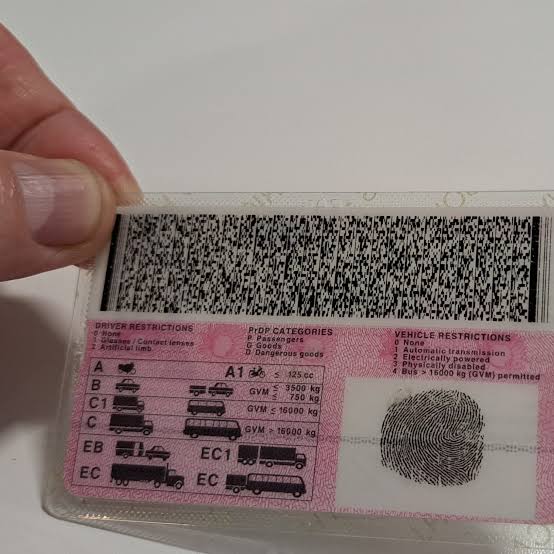News
What South African Drivers Need to Know About AARTO Fines and Demerit Points

South African drivers are heading into uncharted territory as the country prepares to roll out the long-delayed AARTO system, a new way of managing traffic fines, penalties, and licence renewals. For some, it’s a long-overdue step toward road discipline. For others, it’s another layer of red tape that could make life harder for motorists already stretched thin.
When Does AARTO Start?
President Cyril Ramaphosa has confirmed that the phased rollout of the Administrative Adjudication of Road Traffic Offences (AARTO) Act will begin on 1 December 2025. The first phase covers 69 municipalities, with the rest of the country following on 1 April 2026. By 1 September 2026, the long-debated demerit point system will officially kick in.
This marks a turning point in South Africa’s traffic law enforcement, shifting away from the often chaotic fines system toward something more centralised and, at least in theory, more transparent.
How the New Fines Will Work
Under AARTO, traffic offences like speeding, skipping a red light, or even parking illegally will be handled through official infringement notices. These can be issued directly by an officer or sent via registered mail or electronic communication.
From there, drivers have 32 days to act. They can:
-
Pay the fine – with a 50% discount if paid within 32 days.
-
Challenge the fine – by submitting a representation to an independent officer, who can cancel it if the case is valid.
But ignoring the notice comes at a price. First, a courtesy letter adds R60 to the fine, followed by another 32-day grace period. If there’s still no response, an enforcement order is triggered, and that’s where things get serious.
Enforcement Orders: The Real Sting
Once an enforcement order is in place, motorists will find themselves effectively locked out of the system:
-
No licence, permit, or licence disc renewals.
-
Blocked from accessing eNatis.
-
An additional R60 penalty.
The RTIA has described this as “the law taking its course,” signalling that the days of ignoring fines with little consequence are coming to an end.
The Demerit System: What It Means for Drivers
From September 2026, the demerit points system becomes the backbone of AARTO. Each infringement adds points to a driver’s record, and once a threshold is reached, licences can be suspended or even cancelled.
While South Africa has some of the highest road accident rates in the world, the big question is whether AARTO will reduce reckless driving or simply create more admin headaches.
Why AARTO Matters
South Africa has long struggled with road safety, and the idea behind AARTO is to promote accountability and discipline behind the wheel. Similar systems have worked in countries like Australia and the UK, where demerits create real consequences for dangerous drivers.
But in a country where many already feel squeezed by fuel hikes, toll fees, and car maintenance costs, the fear is that AARTO may be remembered less as a road safety initiative and more as a financial hammer on motorists.
With less than two years before the full rollout, the message from the RTIA is clear: motorists should familiarise themselves with the process now, because ignoring traffic fines will soon be more than an irritationit could leave you off the road entirely.
Source:The South African
Follow Joburg ETC on Facebook, Twitter , TikTok and Instagram
For more News in Johannesburg, visit joburgetc.com



























